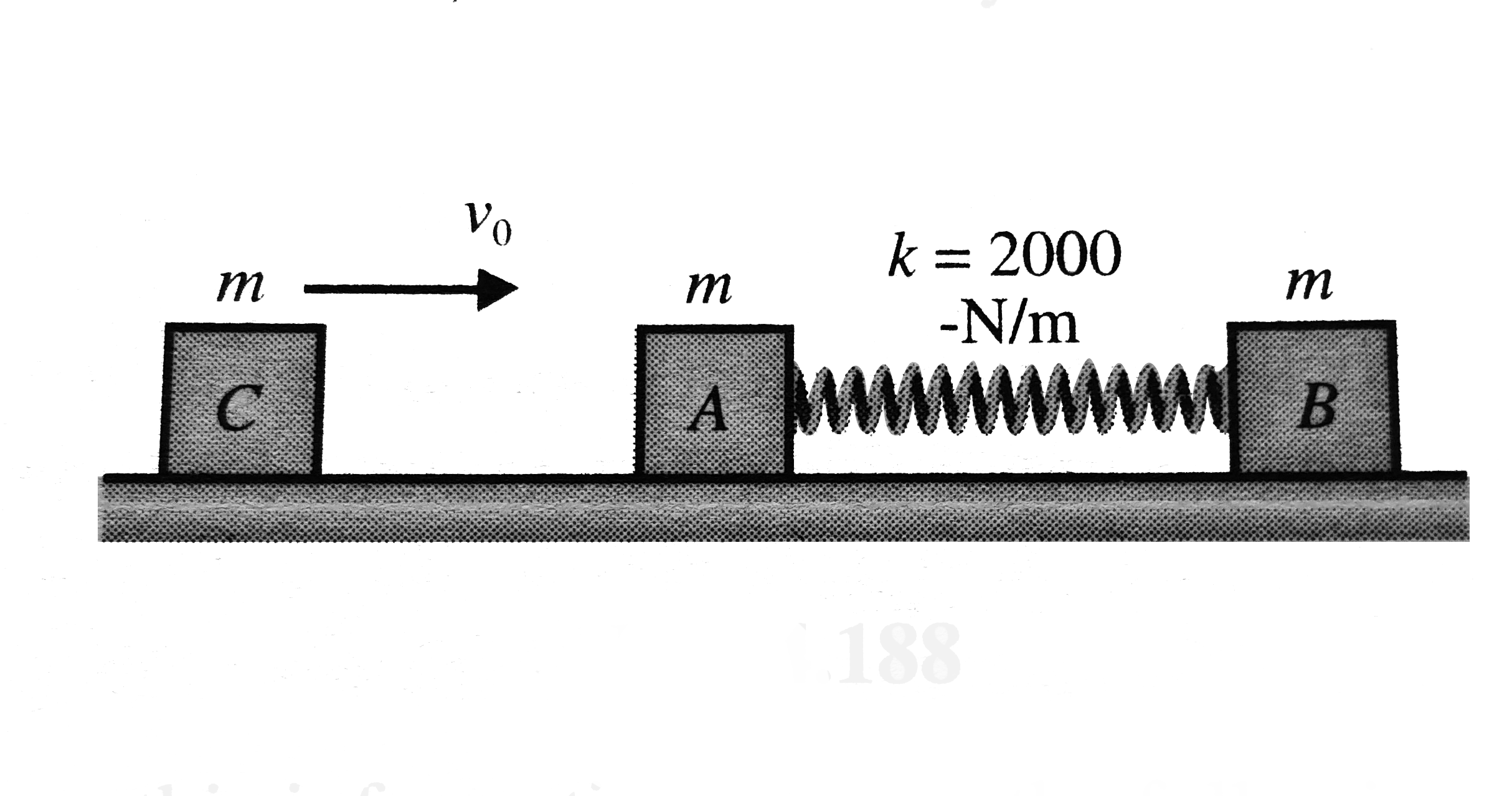One of the following is not eukaryotic
Protista
Monera
Plantae
Animalia.
The correct Answer is:B
To determine which of the following options is not eukaryotic, we will analyze each option based on the definitions of prokaryotes and eukaryotes.
1. Understand the Definitions:
- Eukaryotic Cells: These cells have a defined nucleus enclosed by a nuclear membrane and contain membrane-bound organelles. They can be unicellular or multicellular.
- Prokaryotic Cells: These cells do not have a defined nucleus; their genetic material is not enclosed within a membrane. They are typically unicellular.
2. Evaluate the Options:
- Option 1: Protista: This kingdom consists of unicellular eukaryotes. Examples include diatoms and protozoans. Therefore, Protista is eukaryotic.
- Option 2: Monera: This kingdom includes all bacteria, which are prokaryotic organisms. They lack a defined nucleus and membrane-bound organelles. Therefore, Monera is not eukaryotic.
- Option 3: Plantae: This kingdom consists of multicellular eukaryotes, such as plants. Therefore, Plantae is eukaryotic.
- Option 4: Animalia: This kingdom consists of multicellular eukaryotes, such as animals. Therefore, Animalia is eukaryotic.
3. Identify the Correct Answer:
- Based on the analysis, the only option that is not eukaryotic is Monera.
Final Answer:
The option that is not eukaryotic is Monera.
---
- Eukaryotic Cells: These cells have a defined nucleus enclosed by a nuclear membrane and contain membrane-bound organelles. They can be unicellular or multicellular.
- Prokaryotic Cells: These cells do not have a defined nucleus; their genetic material is not enclosed within a membrane. They are typically unicellular.
- Option 1: Protista: This kingdom consists of unicellular eukaryotes. Examples include diatoms and protozoans. Therefore, Protista is eukaryotic.
- Option 2: Monera: This kingdom includes all bacteria, which are prokaryotic organisms. They lack a defined nucleus and membrane-bound organelles. Therefore, Monera is not eukaryotic.
- Option 3: Plantae: This kingdom consists of multicellular eukaryotes, such as plants. Therefore, Plantae is eukaryotic.
- Option 4: Animalia: This kingdom consists of multicellular eukaryotes, such as animals. Therefore, Animalia is eukaryotic.
- Based on the analysis, the only option that is not eukaryotic is Monera.
The option that is not eukaryotic is Monera.
Topper's Solved these Questions
- BIOLOGICAL CLASSIFICATION BOOK - DINESH PUBLICATION ENGLISHCHAPTER - BIOLOGICAL CLASSIFICATION EXERCISE - CYC
13 Videos
- BIOENERGYBOOK - DINESH PUBLICATION ENGLISHCHAPTER - BIOENERGYEXERCISE - Check Your Grasp
10 Videos
- CELL CYCLE (CELL DIVISION)BOOK - DINESH PUBLICATION ENGLISHCHAPTER - CELL CYCLE (CELL DIVISION)EXERCISE - BRAIN TEASERS-III
85 Videos
Similar Questions
Knowledge Check

Two identical blocks A and B, each of mass m=3kg, are connected with the help of an ideal spring and placed on a smooth horizontal surface as shown in Fig. Another identical blocks C moving velocity v0=0.6ms collides with A and sticks to it, as a result, the motion of system takes place in some way
Based on this information answer the following questions:
Q. Oscillation energy of the system i.e., part of the energy which is oscillation (changing) between potention and kinetic forms isA(i) and (ii)B(ii) and (iii)C(i) and (iii)D(iii) and (iv)Which of the following is not characteristic of a eukaryotic plant cell?
ARibosomes associated with endoplasmic reticulumBDictyosomes associated with Golgi bodiesCCristae inside of mitochondriaDThylakoids inside of chloroplastsWhich one of the following is neither a prokaryote nor an eukaryote?
(a) T.M.V.
(b) E. coli
(c) Yeast
(d) CyanobacteriaAT.M.V.BE. coliCYeastDCyanobacteria
Which one of the following is popularly called eukaryotic E. coli ?
View SolutionWhich one of the following is common to both prokaryotes and eukaryotes
View SolutionWhich of the following is not true of a eukaryotic cell
View SolutionWhich of the following is not true of a eukaryotic cell
View SolutionWhich of the following is not required during post transcritional processing in eukaryotes?
View Solution
